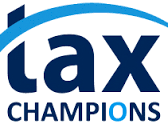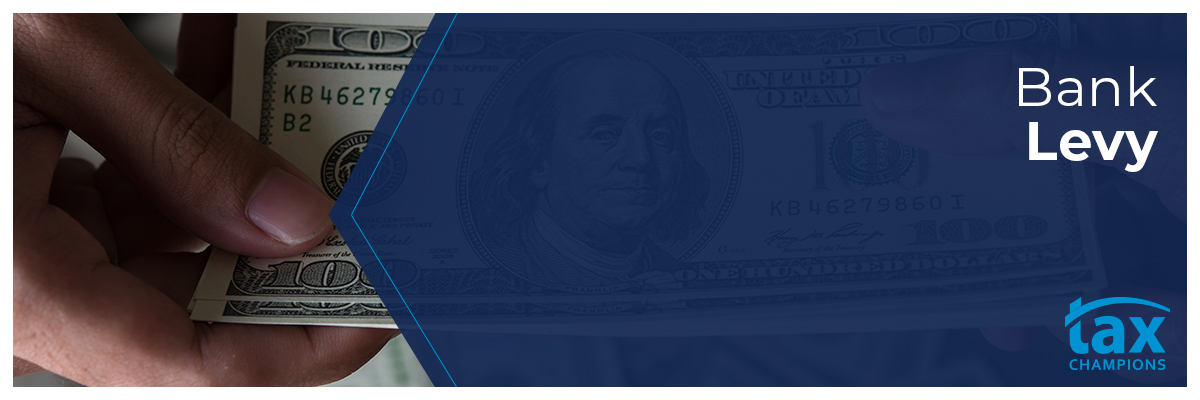The IRS accommodates a variety of opportunities to stop, reverse or reduce a bank levy. Some options aren’t suitable for all taxpayers. Consult with a qualified tax professional to learn about the options available in your individual circumstances. All taxpayers have access to at least one of the following options:
Lump Sum Payment in Full
If the IRS doesn't receive a response within the first 21 days after the account was frozen, they take possession of the funds and apply them to your outstanding balance. However, if you respond to the IRS with payment in full, including interest and penalties, they'll remove the levy from your account.
Collection Due Process Hearing
The IRS includes a Notice of Your Right to A Hearing with the Final Notice of Intent to Levy. This notice is in reference to a Collection Due Process hearing with the IRS.
This particular hearing gives the taxpayer an opportunity to express why he or she believes the IRS should remove the levy. It’s common for hearings to have favorable outcomes if one of the following applies to the case:
- The IRS issued the Final Notice of Intent to Levy in error because the taxpayer has paid their full tax liability,
- The taxpayer has an open bankruptcy proceeding,
- The deadline to collect on the tax has passed, or
- An administrative error initiated the levy process.
Extraordinary Financial Hardship
Determining the severity of financial hardship is certainly subjective for everyone. Therefore, hard and fast guidelines for declaring financial hardship are far and few between. Discuss your circumstances with a tax professional to most effectively present an explanation of your hardship to the IRS.
If the IRS agrees to lift the levy due to financial hardship, they’re likely to cease further collection efforts until the taxpayer is back on his or her feet. This is called the Currently Not Collectible status, or CNC. The Taxpayer Advocate says, "There are times where you agree you owe the IRS, but you can’t pay due to your current financial situation. If the IRS agrees you can’t both pay your taxes and your reasonable living expenses, it may place your account in Currently Not Collectible (CNC) status."
A stop in collection activity releases pressure on the taxpayer to pay their tax bill. Taxpayers are still motivated to pay their bill as soon as possible. This is because penalties and interest still accrue until the debt is paid off completely.
Payment Agreement
The IRS may lift a bank levy if they come to a suitable payment arrangement with the taxpayer. This is commonly done in monthly installments or an offer in compromise. The IRS does not attempt debt collection while the taxpayer makes monthly payments on his or her back-tax debt. This also includes further attempts to levy bank accounts and wages.

